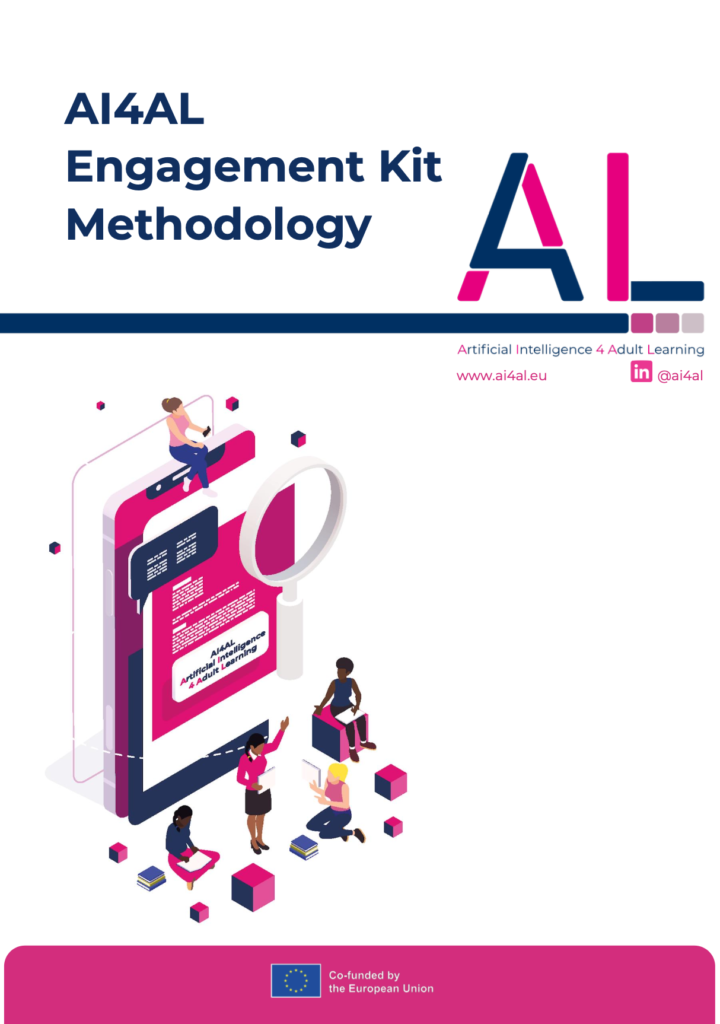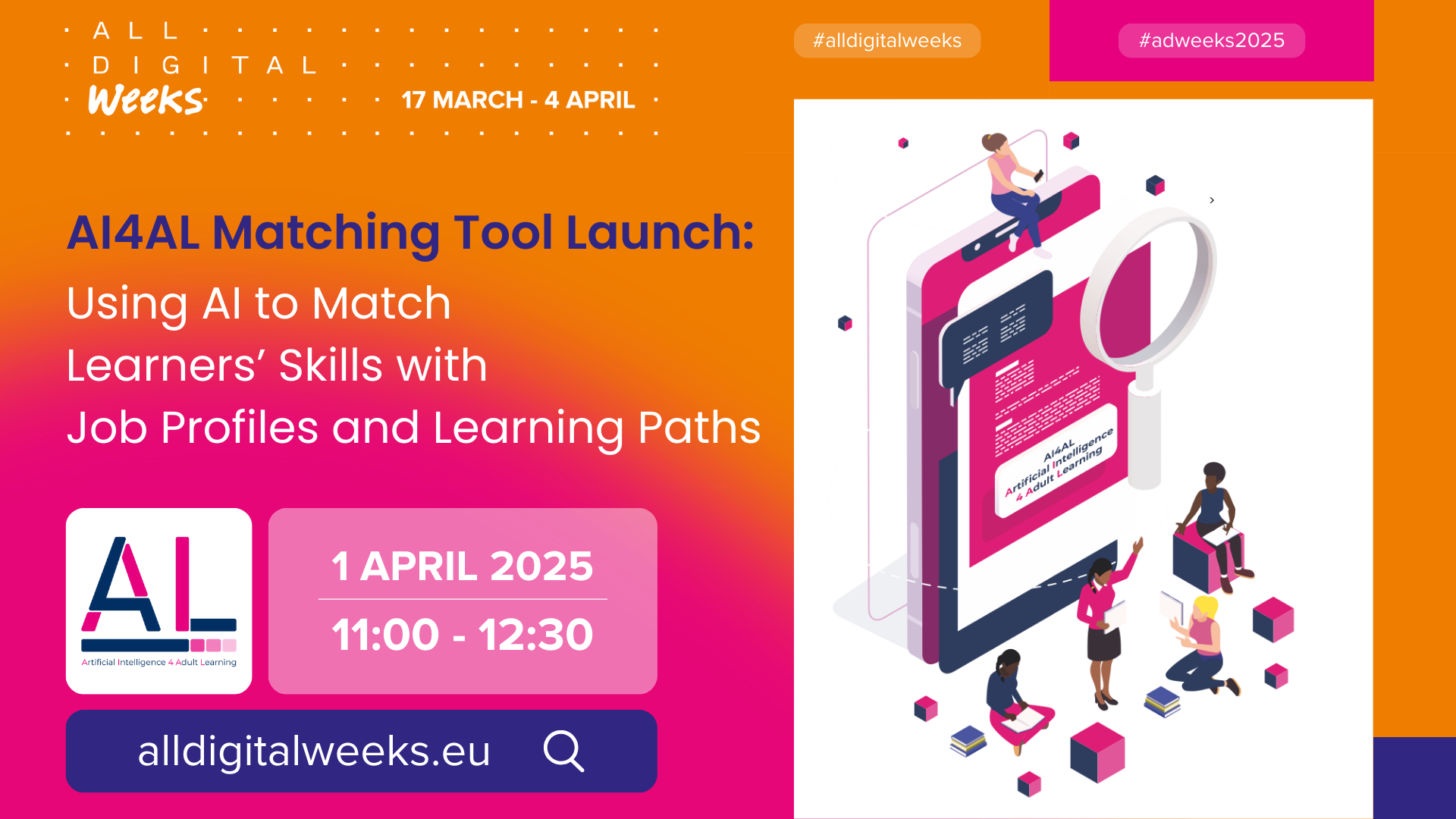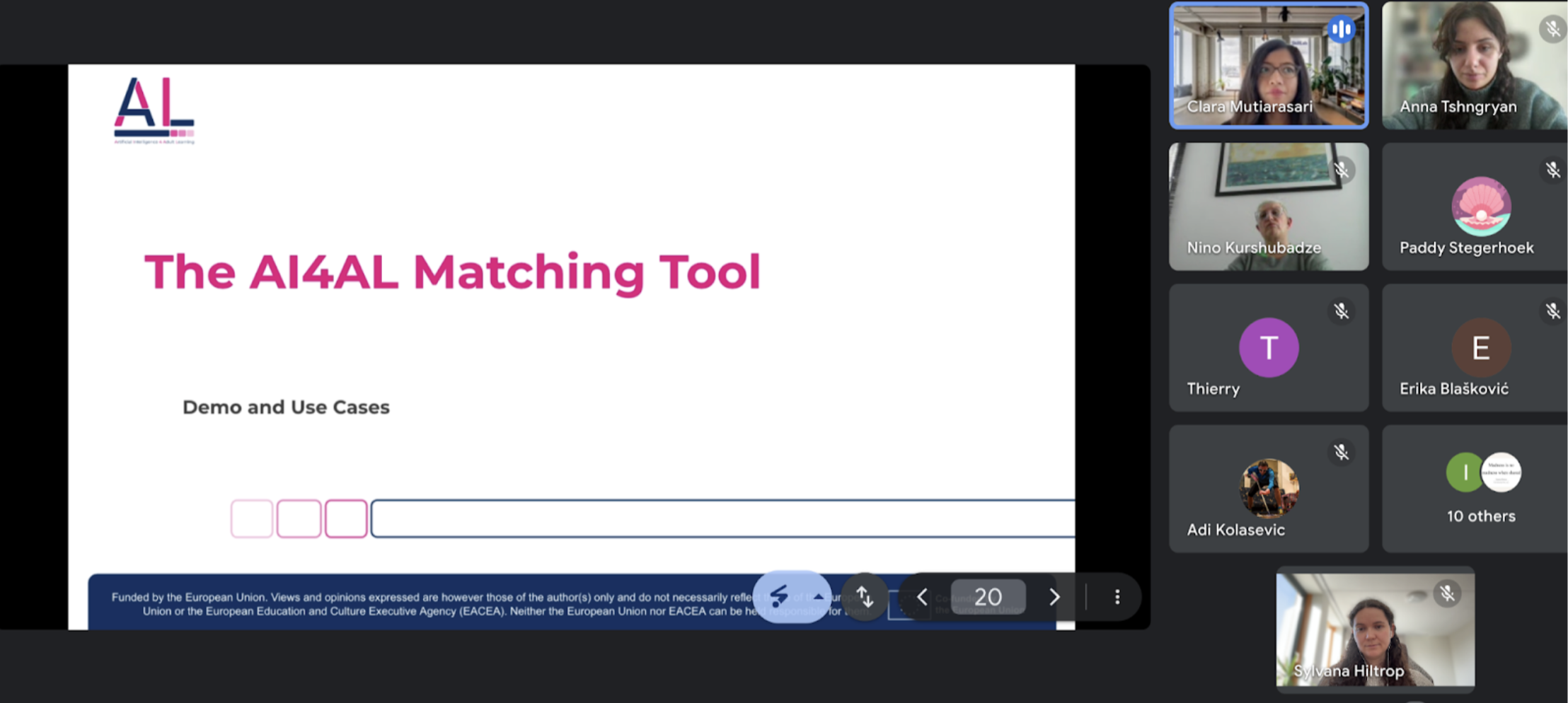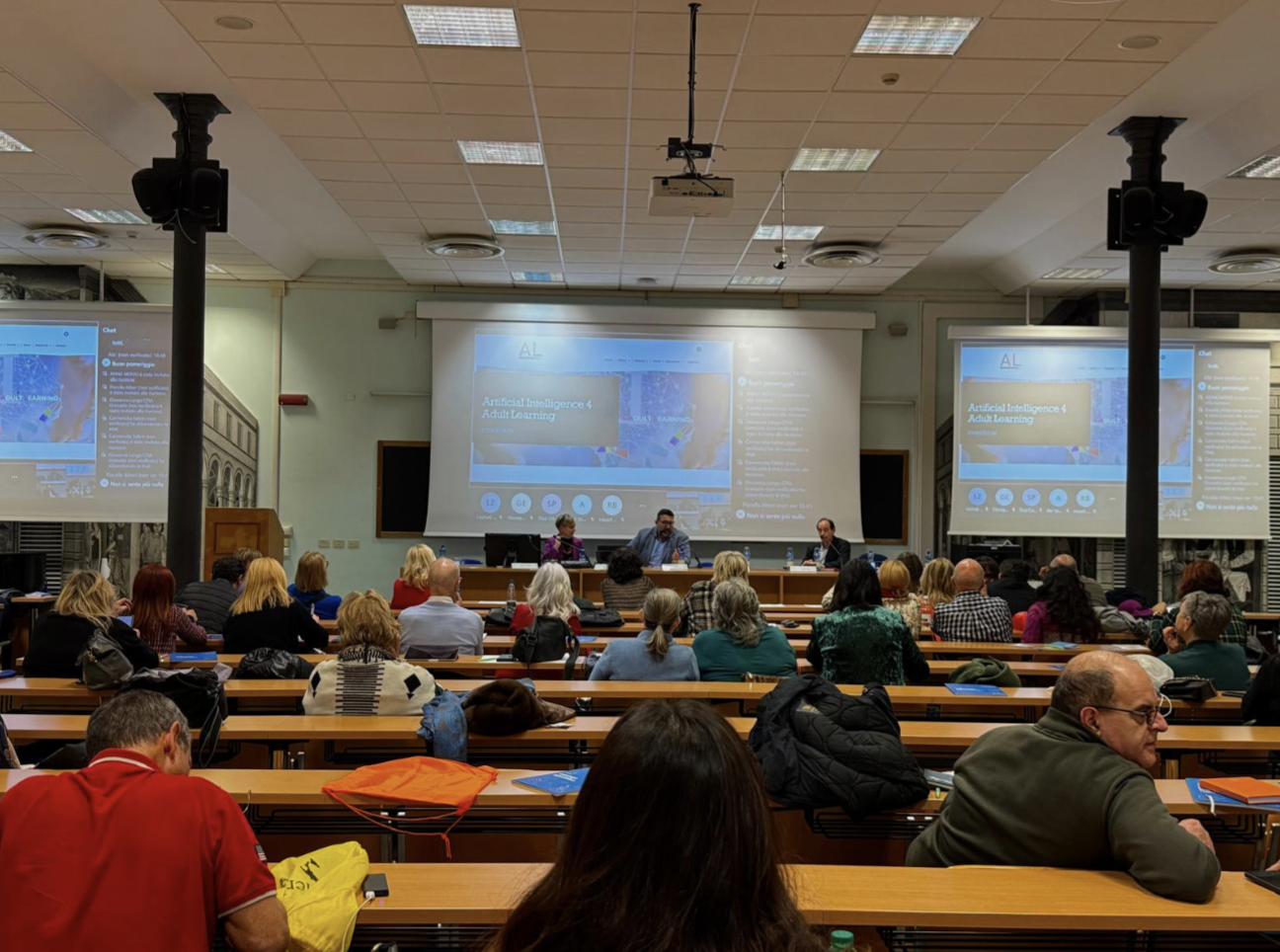The discussion around the automated text production by the bot ChatGPT at the beginning of the year made the importance of AI in (adult) education suddenly visible. AI affects educational institutions at all levels. It can influence organisational development and business models. It will also affect the planning of offers, the development of learning materials and, in particular, questions concerning the assessment of qualifications. It should be noted that AI is usually not one of the goals in adult education, but a by-product of it – with the exception of specific learning offers for the acquisition of AI skills.
“We are facing probably the most fundamental change in the workplace that we have ever experienced.” (Discussion post on LinkedIn by Prof. Dr. Yasmin Weiss, expert on “Future Skills” and “Future of Work”, 08.2023)
When implementing new technologies in education, the problem often lies in the lack of acceptance of the staff involved. Especially when it comes to artificial intelligence, the fear of not being able to explain how a product works is a significant barrier to its introduction.
So how can educators be “onboarded”?
The AI4AL project aims to make a significant contribution to alleviating these concerns. Currently, two “milestones” have been reached on the way to achieving this objective.
Methodological guide
Understanding how AI works and following ethical guidelines and principles for data collection can contribute a lot to reducing educators’ reservations about using AI in the classroom. This may also enable an effective, ethical, and unprejudiced approach to AI in their instructional settings. To this end, a Methodological guide was drafted under the leadership of SkillLab and evaluated by the project partners during the summer months.

The Methodological guide contains basic information on the development and functioning of AI, possible applications of AI in adult education and a detailed chapter on the “Rules of Engagement” for educators. In summary: AI is not magic. It is based mainly on two factors: High computing power and the largest possible amount of correct and meaningful data for the intended purpose.
The last chapter of the guide therefore describes principles for collecting high-quality data for the use of AI in adult education – for example, purpose limitation, minimising the amount of data, transparency of data or anonymisation.
Towards a self-paced training path
Equally important is the training of the educators on the use and application of AI technologies in adult education. The AI4AL project is developing an online self-paced course for adult educators for this purpose. As a first step, CPIP developed a training methodology with the support of other project partners based on their specific fields of expertise.
By the end of the year, the objectives and contents of the following five topic areas will be defined by each project partner, accompanied with the showcasing of the AI4AL matching tool:
- Understanding AI Fundamentals
- Ethical and Responsible AI Use
- Starting with AI: Basics and Implementation
- Exploring AI Tools for Adult Education
- Digital Competences for Educators and Citizens
In spring, the self-paced course will be implemented technically, tested by tutors and optimized accordingly. We are looking forward to working on the curriculum and are excited about the innovative solutions that will emerge.
Are you an adult learning and education practitioner and interested in the work and results of the AI4AL project? Then subscribe to our newsletter or follow us on LinkedIn.
Want to get involved in the testing of the AI4AL matching tool and training toolkit? You can read more and express your interest here.







